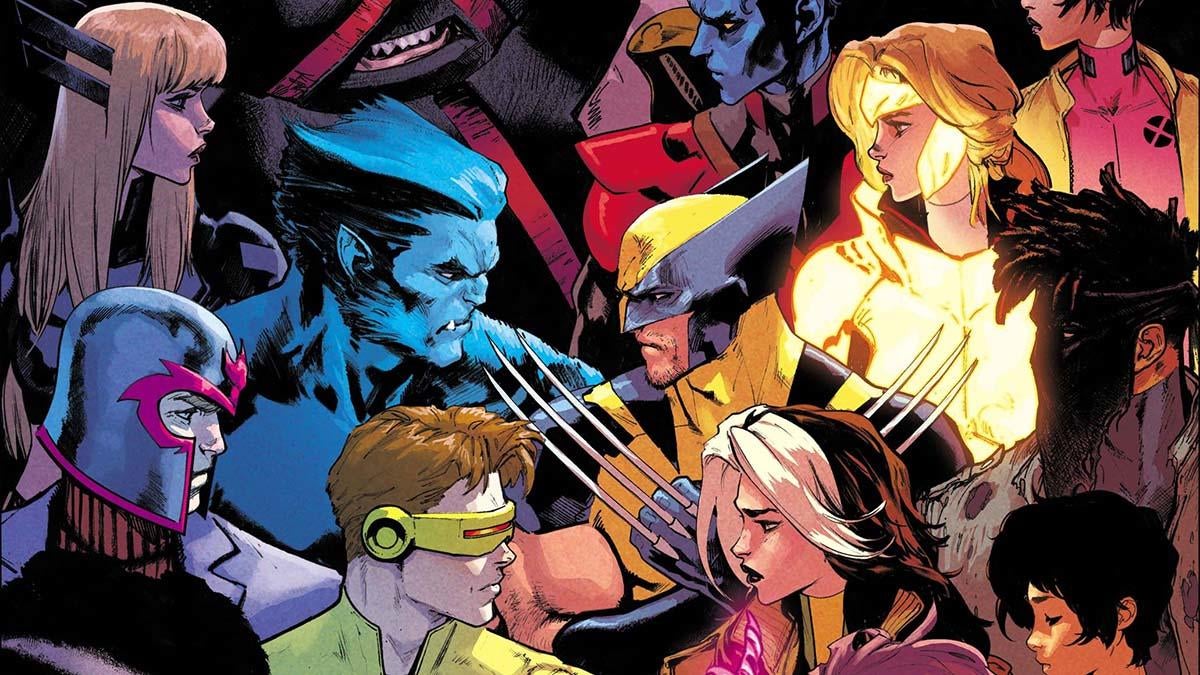
The Marvel Cinematic Universe stands out as the leading film franchise. It surpassed other popular series such as Star Wars, Harry Potter, and Lord of the Rings by skillfully leveraging the universal appeal of superheroes to captivate audiences and maintain their interest. The MCU achieved this by replicating a strategy from the comics – building an expansive interconnected universe where characters interact and past events impact future stories. Marvel initially used this approach in the 1960s to outpace DC Comics, and it proved equally effective in the realm of movies.
As a film enthusiast who’s always got a soft spot for superheroes, I can’t help but marvel at the Marvel Cinematic Universe’s (MCU) success. Its triumphant journey is deeply rooted in the treasure trove of captivating tales and iconic characters that were first brought to life on comic book pages.
Comics have been the cradle of these larger-than-life heroes since their birth, so it’s only natural that the MCU’s cultural domination would spark a hunger for more superhero stories among fans. So, let’s cut straight to the chase and delve into the question – does the MCU fuel the comic industry?
The MCU’s Success Hasn’t Actually Had Much of an Effect on the Comic Industry, Except in One Way

Currently, across the globe, there’s a vast number of people, estimated in the tens of millions, who are enthusiasts of Marvel Cinematic Universe (MCU). Among these, it can be reasonably assumed that several million might be considered diehard Marvel fans – individuals so passionate about Marvel that their enthusiasm is evident. Even in this era of decreasing novelty for MCU, you’d be hard-pressed not to know at least one such avid fan. Remarkably, despite the widespread fervor, it seems this hasn’t significantly boosted comic book sales within the industry.
A significant challenge in the comic world today is that publishers only distribute print sales for record-breaking titles or issues. Unfortunately, what we often receive as total earnings for the entire industry, such as the $1.8 billion recorded in 2023, includes not just American superhero comics but also manga and children/young adult titles like “Dog Man.” Considering this, it’s important to note that the portion of the comic industry dedicated to superheroes is actually quite minimal.
Previously, when we had specific figures, it was found that popular comics typically sold around 100,000 copies each. It’s essential to clarify that this number represents copies sold to retailers, not the final customers. The data comes from approximately two hundred stores, all of which employ the same sales system provided by ICv2. To sum up, comic book sales are relatively modest.
It’s not common for fans of Marvel Cinatic Universe (MCU) movies to rush into buying Marvel comics. While it might seem logical that the success of Marvel Studios saved Marvel and its followers are avid comic book readers, this isn’t necessarily true. In fact, a relatively small percentage of MCU enthusiasts actually frequent comic book stores. For instance, the box office earnings of movies like Deadpool and Wolverine surpassed a billion dollars, but the initial sales of their corresponding comics (Deadpool/Wolverine #1) barely reached a couple hundred thousand copies due to its high retail price of $4.99.
Indeed, it’s worth noting that having financial resources, such as Marvel’s, is generally beneficial. It ensures they can maintain a watchful eye on the comic book industry, which continues to shape popular culture through superhero tales. The prosperity of the Marvel Cinematic Universe (MCU) has, in turn, boosted the success of numerous other comic-related entities. Essentially, comics serve as a breeding ground for beloved characters like Superman, Batman, Spider-Man, and Wolverine, meaning their popularity will continue to fuel the creation of new comic books.
The Comic Industry Is Dead, Long Live the Comic Industry

There’s a great deal of anticipation surrounding the X-Men’s arrival in the Marvel Cinematic Universe. In the world of comics, the “From the Ashes” initiative has seen several X-Men titles climbing up the bestseller list, with sales in the tens of thousands. This is considered a positive development. There are currently ten X-Men comic books, and it’s estimated that they generate around half a million dollars in sales each month, considering both Marvel and comic book stores. While this may seem like a substantial amount, when you consider the vast comic readership across the United States and beyond, it’s actually quite modest.
In simpler terms, the Marvel Cinematic Universe (MCU) doesn’t significantly boost comic book sales. While comics are generating more revenue, the cost per issue continues to rise – currently ranging from $3.99 to $4.99, with an increasing trend towards higher prices. This means fewer people are buying them due to their high cost. It’s not just Marvel dealing with this issue; it’s a challenge faced by everyone in the comic book industry. We consider a comic selling over 100,000 units as a notable achievement.
Approximately 344 million Americans are familiar with the concept of superheroes. It’s debatable whether or not the Marvel Cinematic Universe (MCU) has single-handedly boosted the comic book industry, but there’s no denying that its success has prompted other companies to attempt similar feats. This competition fosters ongoing development within the sector. Additionally, Marvel and DC function as idea hubs for the entire comic book world, providing a steady stream of concepts with established audiences. The rise of the MCU has undeniably diverted many readers from comics themselves, but it’s also ensured the industry’s longevity by creating a demand for fresh story ideas.
So, the answer to the question? Whatever you want it to be.
Read More
- Gold Rate Forecast
- PI PREDICTION. PI cryptocurrency
- Eddie Murphy Reveals the Role That Defines His Hollywood Career
- Rick and Morty Season 8: Release Date SHOCK!
- SteelSeries reveals new Arctis Nova 3 Wireless headset series for Xbox, PlayStation, Nintendo Switch, and PC
- Masters Toronto 2025: Everything You Need to Know
- We Loved Both of These Classic Sci-Fi Films (But They’re Pretty Much the Same Movie)
- Discover Ryan Gosling & Emma Stone’s Hidden Movie Trilogy You Never Knew About!
- Discover the New Psion Subclasses in D&D’s Latest Unearthed Arcana!
- Linkin Park Albums in Order: Full Tracklists and Secrets Revealed
2025-01-17 07:40